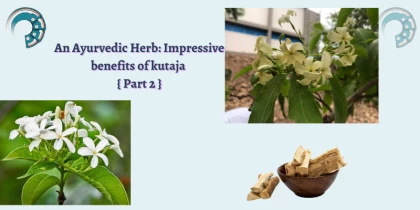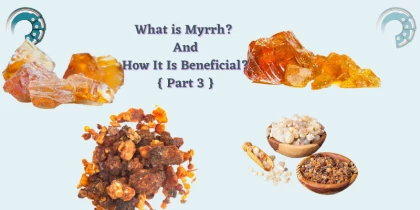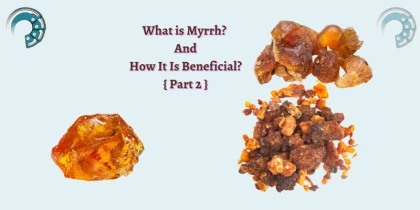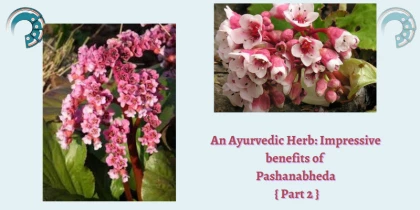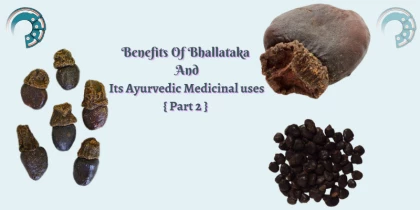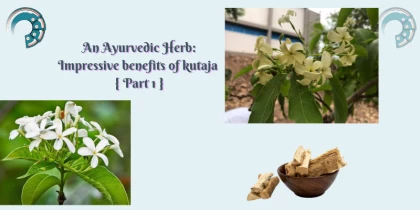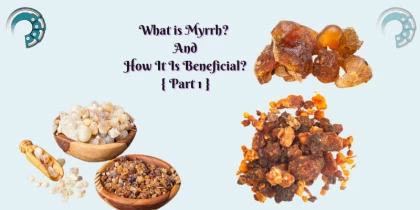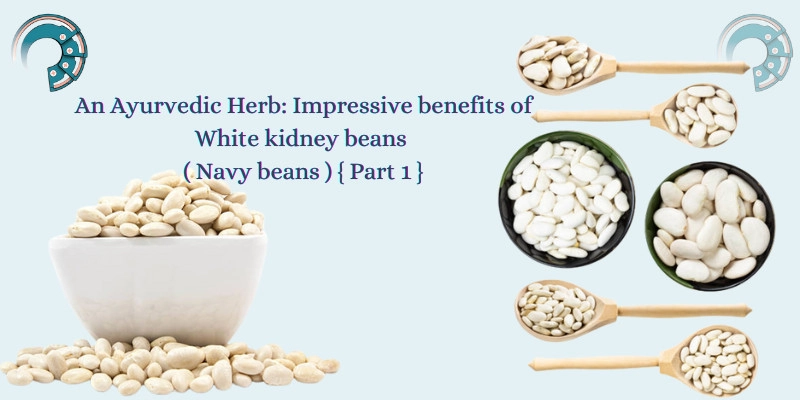
An Ayurvedic Herb : Impressive benefits of White kidney beans ( Navy beans ) { Part 1 }
What are White Kidney Beans?
White kidney beans, or cannellini beans, are native to Mexico and Central America and have been an important food crop for millennia. The botanical name for white kidney beans is Phaseolus vulgaris, and they are a member of the legume family the same family as peanuts, clover, and alfalfa. They are an excellent source of vegetarian protein, vitamins, minerals, and fiber, as well as antioxidant and anti-inflammatory compounds. Kidney beans are primarily starch, but they contain a lot of the type of starch that is slow to digest. This results in a gradual rise in blood sugar rather than a spike particularly good news for people with diabetes.
High blood sugar is bad for everyone, not just diabetics. One negative effect of a spike in blood sugar is that the body sends the signal to store some of the energy away as fat. Foods containing carbs that digest slowly, such as white kidney beans, trigger the opposite effect.
The primary bioactive compound in white kidney beans is phaseolamin. In the plant, this compound is believed to protect against insect attacks. Phaseolamin serves as a precursor to an enzyme called an alpha-amylase inhibitor in the body. In plain English, this means white kidney beans contain an essential ingredient that is used in important chemical reactions in the body.
Even if you don’t like the taste of beans, you can still benefit by taking a white kidney bean supplement. Make sure you are getting pure white kidney bean extract without the fillers, flavors, or other artificial additives.
Navy beans in Ayurveda :

Navy beans however prevent digestion and cause severe flatulence. However, these particular beans are easier to digest when compared to chickpeas and kidney beans.
Nutrition of White kidney beans :
- Protein: White kidney beans are one of the excellent sources of plant-based protein. They contain some beneficial proteins like protease inhibitors, lectins, and phaseolin. Lectins in white kidney beans prevent the starch from binding and work as carbohydrate blockers. Even though the kidney beans protein has less nutritional quality compared to animal protein, many consider it a great alternative.
- Fiber: The beans are rich in fiber and comprise an exorbitant amount of resistant starch. Along with that, they offer essential fibers like alpha-galactosides that act as prebiotics.
- Carbs: It mainly consists of starchy carbs, including amylose and amylopectin. Amylose is more digestible than amylopectin. As the amylose proportion is higher in beans, digestion takes a long time.
- Vitamins and Minerals: In white kidney beans, there are countless minerals and vitamins. Molybdenum is a trace element present in these beans. Along with that, there are iron, manganese, copper, vitamin B9, K1, potassium, and copper in white kidney beans that support health.
- Other Compounds: White kidney beans also contain various compounds in small amounts, like saponins, porcelains, trypsin, and phytic acid. Saponins in the beans act as antioxidants and have a positive impact on the body.





